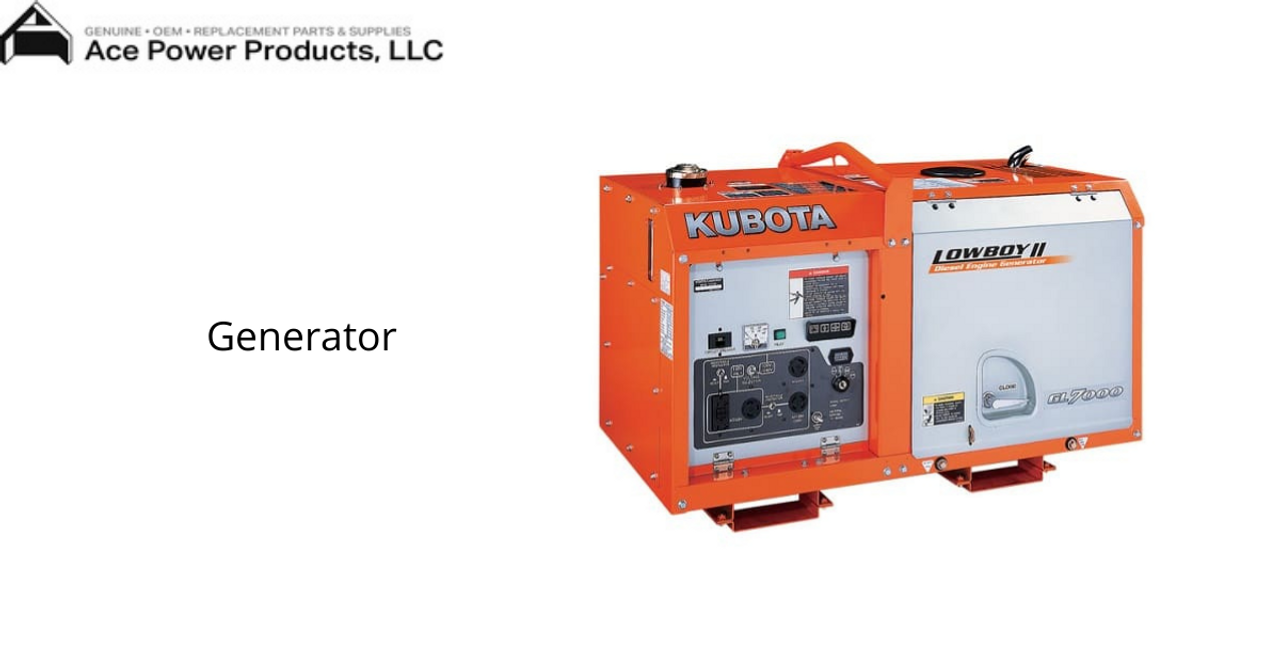When you install a generator, you should also install a fuel tank. The tank will give you peace of mind and save you from having to keep running out to the gas station. First, you need to check the fuel tank size on your generator. Most of them will come with a manufacturer-made tank, but if you want to get more use out of your machine, you need another one that can store more fuel. There are different types of fuel tanks, depending on how long you want to use your generator at one time.
Considerations for Different Types of Fuel Tanks
When choosing the right tank for your generator, you need to consider the size of the generator and how many gallons of fuel it consumes. First, you have to ask yourself what kind of fuel you will use with your generator. Next, you want to have the right tank size to suit your needs. The size of the tank will depend on how much fuel your generator uses per hour or day.
A fuel tank is indispensable if you operate a generator. First, ensure to drain all gasoline from it when storing it over winter or any other time. Then, check with your local fuel supplier to see if they deliver gas directly to your home and what prices they offer. This way, you'll avoid running out of gas unexpectedly.
Above-Ground Storage Tanks
These types of fuel tanks are easier to move if you have to. However, they are more likely to leak, and that they can be an attractive nuisance if you live near children or drunken people. They also require more maintenance and are more vulnerable to bad weather.
Sub-Base Tanks
Different kinds of generators use different types of fuel tanks. For example, sub-base tanks sit above the ground beneath the generator set’s base. These fuel tanks are usually double-walled and rectangular, with piping and fittings attached to the tank.
Underground Storage Tanks
Storage tanks for fuel are often buried. And the deeper the storage tank is buried, the more protected it is from damage from above. Underground tanks are more efficient, and they are safer and more protected from extreme weather conditions. They are less likely to be damaged by falling trees and flying debris, which can cause problems with above-ground tanks. They are also easier and cheaper to install since you don't have to worry about the structure and foundation of a building that is built around the tank. They are sturdy, safe, and economical.
Pick the Right types of fuel tanks for Your Generator
Fuel tanks are essential for any generator, and you need to be careful when picking one. Different types of fuel tanks come in all different shapes and sizes. The size of the generator and frequency of use always plays a role in this. You also have to make sure that the fuel tank will be able to carry sufficient amounts of fuel to keep your generator running. The last thing you want is for your generator to go out of gas in the middle of a storm, dead in the night or during your operations.
